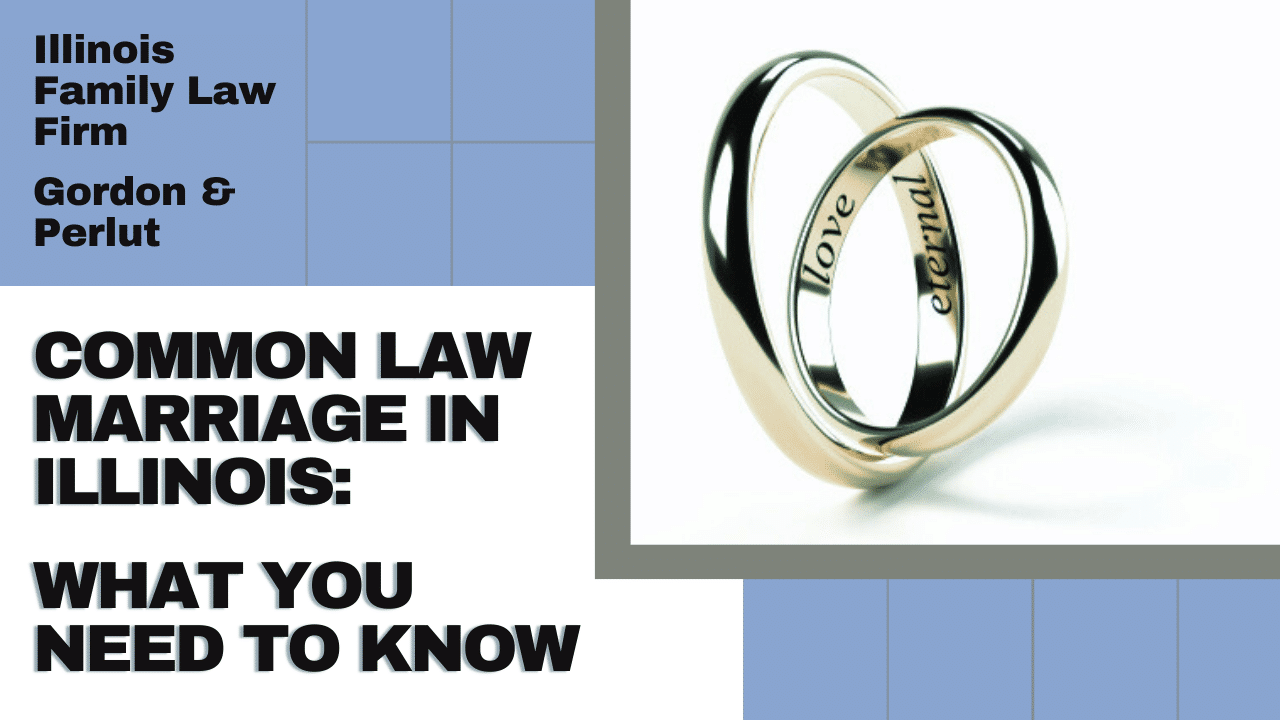
Common law marriage, an informal type of marriage recognized based on the couple’s conduct rather than a formal ceremony, remains a subject of legal variability in the United States. Unlike some states where living together and presenting themselves as married can create a legal marriage, Illinois distinctly does not recognize Common law marriage. A key turning point came in 1905 when Illinois officially banned common-law marriages. This decision laid the foundation for the state’s current laws on marriage.
Common law marriage was a practical solution for couples in early America who couldn’t access formal marriage processes due to geographic isolation or other barriers. It allowed for the recognition of a marital relationship based solely on the couple’s behavior and societal acceptance. Over the centuries, this practice evolved, with more states requiring formal ceremonies and legal documentation for marriage. This shift reflects changing societal norms and the legal system’s growing emphasis on record-keeping and formalities.
While a minority of states in the U.S. still recognize common law marriage, each has its unique set of criteria, such as cohabitation for a specific period, joint finances, and public acknowledgment of the relationship as a marriage. These states often require clear evidence of a couple’s intent to be married. The legal implications in these states vary significantly, affecting issues like inheritance, property rights, and legal responsibilities upon separation or death.
Illinois law, specifically under the Illinois Marriage and Dissolution of Marriage Act, mandates a formal process for marriage recognition. This process includes obtaining a marriage license, undergoing a sanctioned ceremony, and fulfilling age and consent requirements. This explicit legal framework leaves no room for the recognition of common law marriages, setting Illinois apart from states with more flexible marriage recognition policies.
Illinois’s rejection of common-law marriage is rooted in multiple factors. Primarily, this stance reflects a preference for clear legal documentation in marital relationships, simplifying matters like divorce, inheritance, and property rights. Additionally, significant legal cases and evolving societal perceptions of marriage have influenced this position. The state’s legal system prioritizes clear definitions and boundaries in personal relationships, partly as a response to the complexities and disputes arising from ambiguous marital statuses.
For couples in Illinois who consider themselves married under common law principles, numerous challenges arise, especially when legal issues like division of property or child custody come into play. Furthermore, there’s a prevalent misconception about the state’s recognition of these unions, leading some couples to mistakenly believe they have legal rights typically reserved for formally married couples. This gap in understanding can lead to significant legal and financial complications.
Recognizing the diverse needs of couples, Illinois offers alternatives like civil unions, which provide many of the legal benefits of marriage without the traditional ceremony. Couples are also encouraged to use legal instruments such as cohabitation agreements to outline the terms of their relationship, property rights, and responsibilities, thereby creating clarity and legal protection for their union.
Illinois couples are advised to consider other legal protections in the absence of common-law marriage. Cohabitation agreements, similar to prenuptial agreements, can define financial and property rights. Estate planning is also crucial for unmarried couples to ensure their assets are distributed according to their wishes and that their partners are provided for in the event of death or incapacity.
Illinois does not recognize common law marriage due to various historical, legal, and social reasons. This is important for unmarried couples living together to understand. They should get legal advice to know their rights and learn about legal options to protect their relationship.
If you need legal assistance concerning family law matters, our Skokie family law attorney at Gordon & Perlut, LLC, can work with you to protect your legal rights. Please contact our law firm at (312) 360-0250 for a legal consultation.